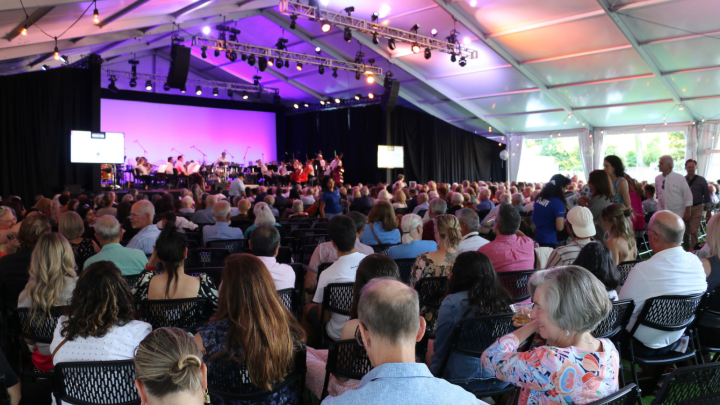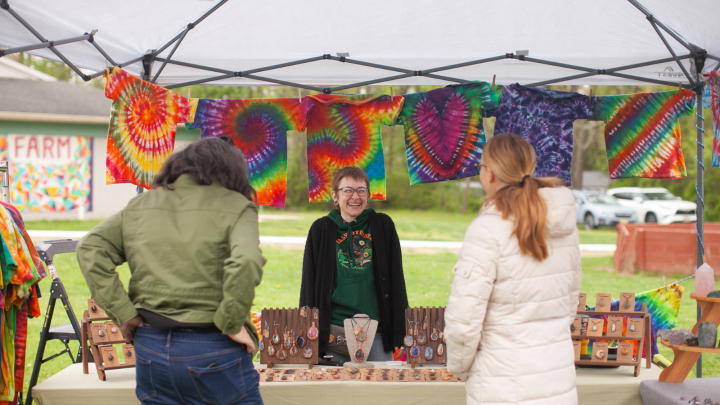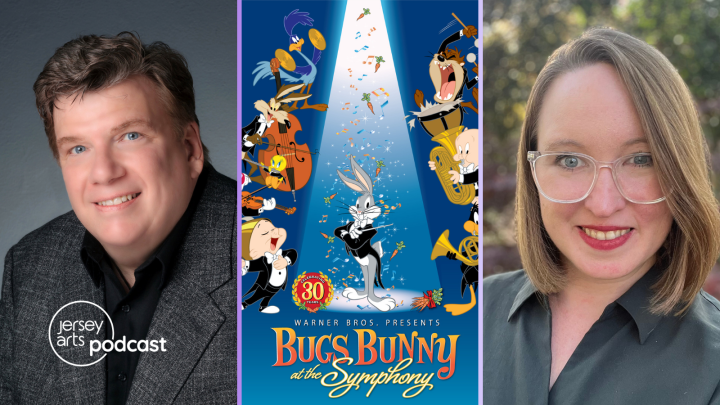Newark Black Film Festival to Showcase Classics and Films that Span Across the African Diaspora
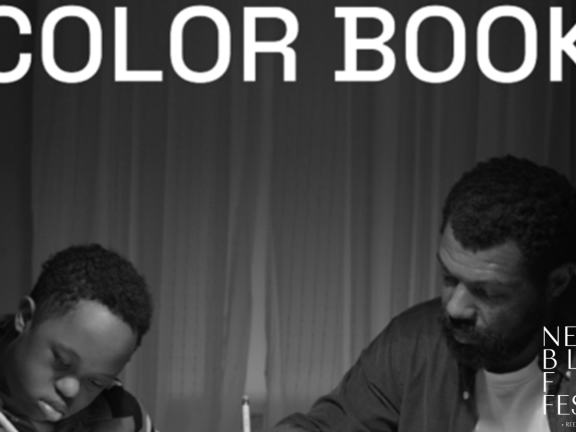
The 2025 Newark Black Film Festival (NBFF) is coming to The Newark Museum of Art from July 16–20, 2025. The annual festival has been a pivotal fixture in Newark, highlighting films about the Black experience, culture, and history across the African diaspora. This year’s lineup includes films by Black artists that span regions of South America, Africa, and the Caribbean. Touted as the longest-running Black film festival in the United States, NBFF has been a forum for films exploring such themes as social justice, LGBTQ+ rights, and racial inequality, and genres ranging from independent comedies to big-budget films.
Since 1974, NBFF has presented the work of young, independent Black filmmakers, highlighting early films by the likes of Spike Lee, Ayoka Chenzira, Warrington and Reginald Hudlin, Barry Jenkins, and Ava DuVernay. Other luminaries who have participated in the festival over the years include James Earl Jones, Danny Glover, Pam Grier, Euzhan Palcy, S. Epatha Merkerson, and Ernest Dickerson.
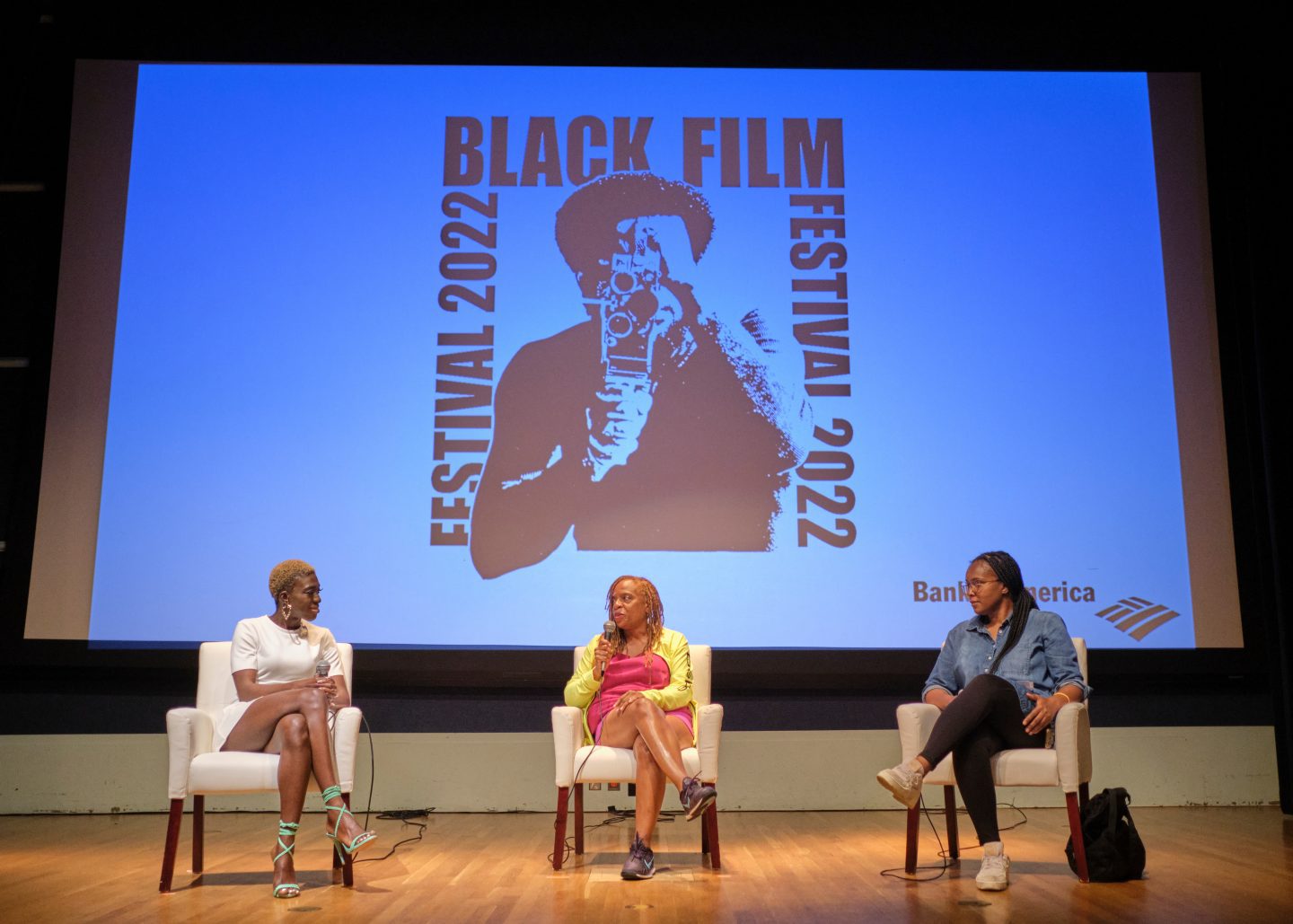
NBFF Chair of the Selection Committee Richard Wesley attributes the festival’s longevity to its high visibility and valid expression of Afro-American culture. “It's also a part of American culture in the broadest sense, because when you talk about women's history, you're talking about Black women's history. When you talk about issues having to deal with immigration, you’re also talking about aspects of Black history,” adds Wesley, an Associate Professor in the Tisch School of the Arts at New York University. “In our films and panel discussions, we include a broad spectrum of views. We have remained a viable and valuable part of overall discussions about Black culture and history in the state of New Jersey.”
Wesley acknowledges Newark’s large Brazilian and Portuguese diasporic community, pointing to NBFF’s screening of the film “Akin’s Desert” on Thursday, July 18, at 8 PM, which not only reflects the festival’s efforts to attract those communities but also to expand its footprint in Newark and throughout the state of New Jersey. “Akin’s Desert” by Brazilian filmmaker Bernard Lessa tells the story of Akin, a dedicated Cuban doctor working in Brazil in 2018. As he builds a deep bond with an Indigenous community, international politics come into play with the 2019 election of Brazilian President Jair Bolsonaro. This forces Akin to make a dramatic choice: return to Cuba and leave behind the relationships he's forged, or stay in Brazil and reinvent himself without the ability to practice medicine. Wesley notes NBFF is showcasing films from the Caribbean and the African continent that are reflective of the immediate Newark area and the festival’s expansive audience.
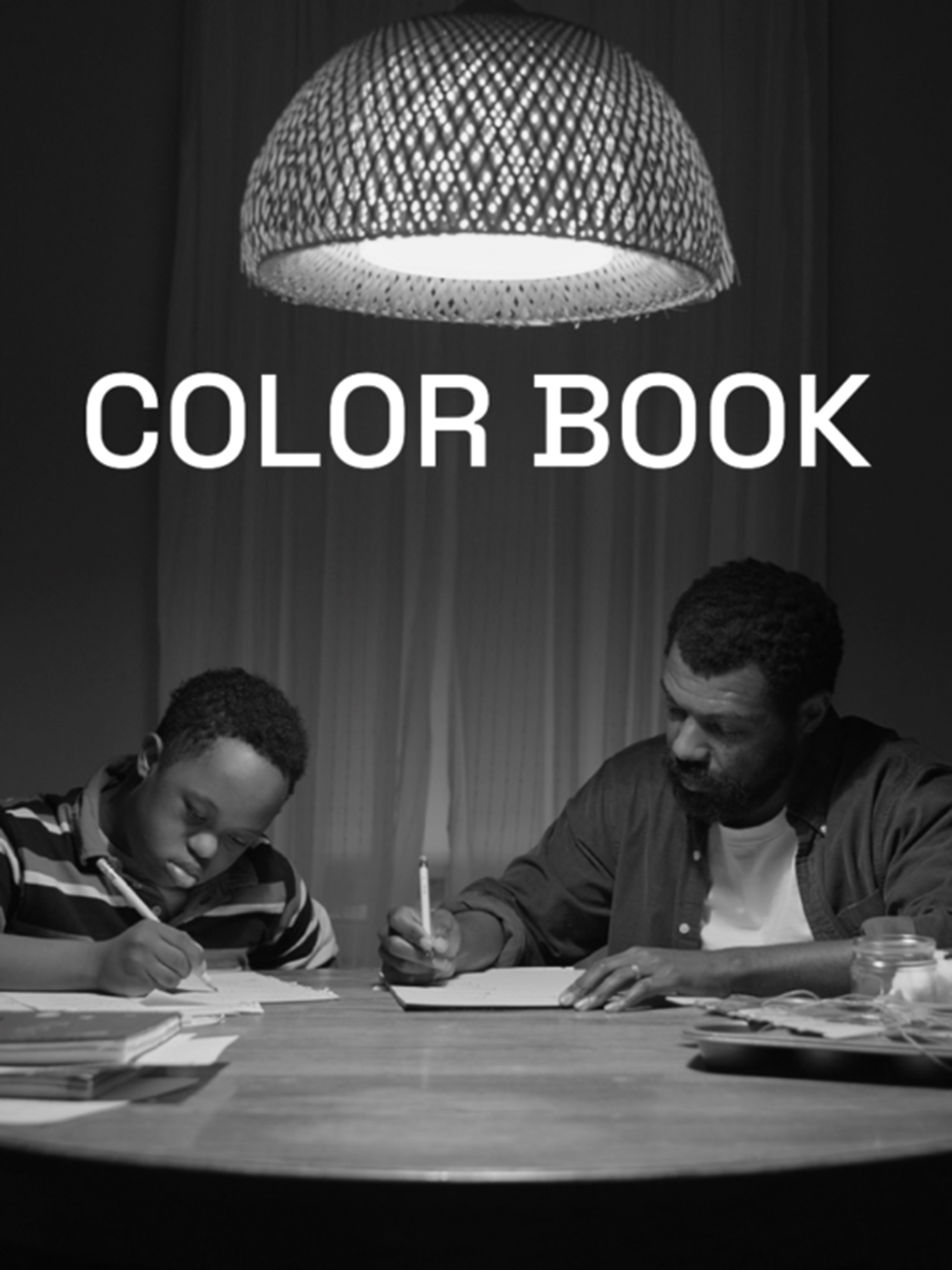
“Films that delve deeply into explorations of familyhood within the Black community also resonate with NBFF’s audience,” says Wesley. He cites, for example, the very heartwarming and enriching film “Color Book.” Written and directed by David Fortune, “Color Book” premiered at the Tribeca Film Festival in 2024. Following his wife's recent passing, single father Lucky finds himself navigating the challenges of raising his 11-year-old son Mason, who has Down syndrome. “Color Book” will screen on Saturday, July 19, at 1:30 PM.
NBFF, which operates under the auspices of The Newark Museum of Art, features exclusive screenings of films created in the last three years, live in-person panel discussions with filmmakers, and throwback screenings of classics. The year’s classic throwback is the 1975 coming-of-age drama “Cooley High,” which is happening on Friday, July 18, at 7:30 PM with the film’s director, Michael Schultz, in person.
Specific Films & Events Include:
The Opening Night Reception on Wednesday, July 16, at 6 PM, which will be followed by a screening of the film "Ricky," about a 30-year-old man trying to navigate the challenging realities of life post-incarceration.
On Thursday, July 17, at 6:30 PM, NBFF will present the panel “Film as a Tool of Resistance,” an engaging discussion exploring how filmmakers use cinema to challenge injustice, amplify marginalized voices, and inspire social change.
On Friday, July 18, at 5:30 PM, NBFF will screen the film “Dahomey,” which traces the historic repatriation of 26 royal treasures from France to Benin, simultaneously forging a speculative and political reflection on cultural heritage, collective memory, and the implications of restitution.
Among Saturday’s lineup is the film “Love, Brooklyn,” happening at 11 PM, which tells the story of three longtime Brooklynites navigating careers, love, loss, and friendship against the rapidly changing landscape of their beloved city.
Sunday’s highlights include the 11 AM screening of the documentary “Beyond The Belt- The Legend of Karriem AbdAllah,” an exploration of the life of Al-Mu’assis Karriem AbdAllah, a martial arts pioneer from Newark, New Jersey. Sunday night’s lineup will feature an Identity & Resilience Shorts Showcase.
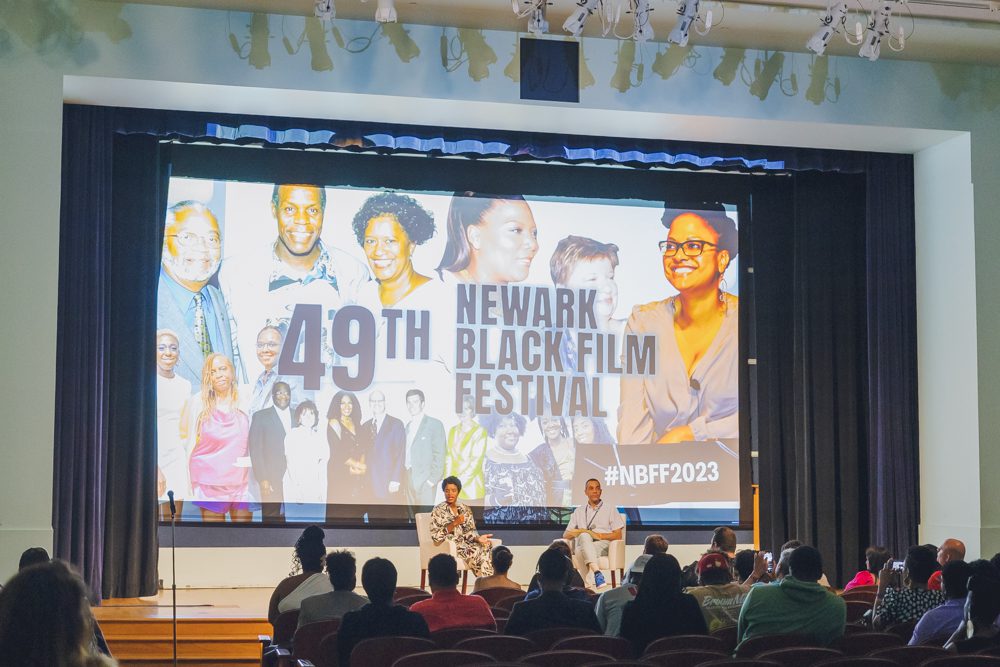
“We used to have an overarching theme for each program, but this year we were looking primarily at films that were very personal and deeply engaging for us as a committee,” Wesley says. “These are the films that made the greatest impact on us. And they also were films that touched on issues that are prevalent in today's conversations about culture, history, and politics. These films also reflect some of the concerns that we've become familiar with in terms of our audiences over the past 50 years,” he adds.
In the earliest days during the 1970s, the festival presented films that were popular but not accessible to Black audiences in Newark who had to travel outside of the city to see Black-themed films, explains Wesley. In the 1980s, he says NBFF set its sights on showcasing emerging screenwriters and the next generation of young Black filmmakers like Spike Lee and the Hudlin brothers, who were starting to make their voices heard in the United States. In the 1990s, the festival began to attract a younger and more politically conscious audience, and going into the 2000s, NBFF started to become very successful at drawing new, rising filmmakers and cinephiles as well as casual moviegoers interested in Black-themed motion pictures.
A Newark native and award-winning playwright and screenwriter in his own right, Welsey is widely known for his plays “The Mighty Gents” and “The Talented Tenth,” the screenplays “Uptown Saturday Night” and “Let’s Do It Again,” and the opera “The Central Park Five,” for which he wrote the libretto with music composed by Anthony Davis. “The Central Park Five” has had numerous productions since its 2019 premiere, most recently a performance at the Detroit Opera House.
Honoring the legacy of legendary actor and activist Paul Robeson, NBFF will also host the Black & Gold Gala to showcase the Paul Robeson Awards which are meant to spotlight up-and-coming Black filmmakers.
To see the full lineup of NBFF screenings and events and to purchase tickets, go to https://newarkblackfilmfestival.com/.

